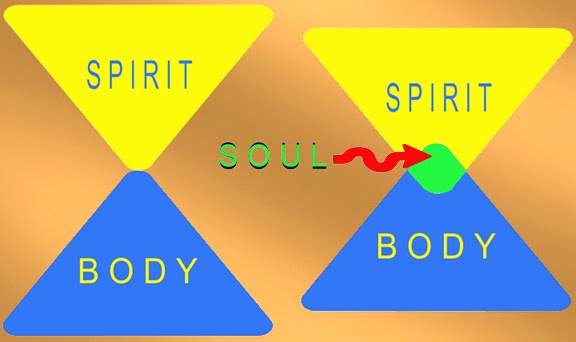chessman
Member
- Feb 5, 2013
- 4,653
- 339
The NASB does not say miscarry.
You know what FreeGrace , Deborah13 is right. None of the main, modern translations (KJV, NKJV, NIV, NASB, HCSB, ESV, LEB) say 'miscarry'. Why? Because it's rather obviously talking about premature birth of a child in 22a (the child could be born unharmed, harmed, or worse (die). 22b handles the case of an unharmed child (fines the man for the accidental striking of the women in accordance with the judges's decision on the husband's civil suit).
Verse 23 handles the case for criminal penalty(s) if any further injury occurs (limb for limb, etc.).
I just assumed you were accurately saying the NASB said she misscarried upon an accidently strike. But upon further study, it seems that she was struck and simply gave birth prematurely as a result. The premature child could live just fine, live but with injuries to varying degrees or the child could die. Thus, eye-for-eye, etc.
(BTW, God does call what's inside her womb a young child [3206].
http://biblehub.com/hebrew/3206.htm
Adrian Peterson's-The Message, AMP, CEB, ???Could you please tell me which translation/s do say miscarry?
https://www.biblegateway.com/passage/?search=Ex+21:22&version=AMP;MSG;CEB





